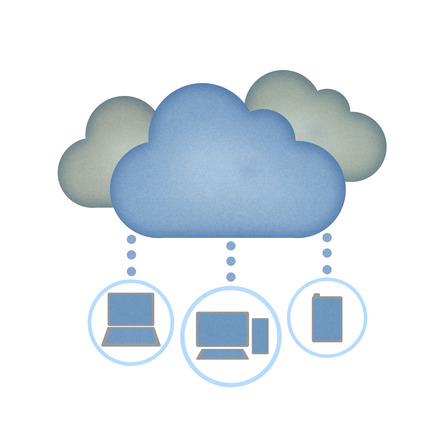Cloud 101
Cloud computing is an expression that refers to the ability to run programs and services on distributed computer systems over a real-time communication network like the Internet. It allows countless users to run a program simultaneously from anywhere in the world, and is also referred to as network-based services.
Cloud computing can be deployed in several ways, depending on the services you require. Deployment methodologies are characterized by how and where your network-service will be hosted. There are four types of cloud deployment models: Private, Public, Community, and Hybrid.

Private Cloud is cloud infrastructure operated solely for a single organization, managed internally or by a third-party, and can be hosted internally or externally.
Public Cloud is when the services are rendered over a network that is open for public use. There may be little or no technical difference between public and private cloud architecture; however, the security considerations may be substantially different.
Community Cloud shares infrastructure between several organizations. It can be managed internally or by a third-party, and hosted internally or externally.
Hybrid Cloud is a combination of two or more cloud deployment methodologies.
In most case clients use a hybrid solution, as different network services (Exchange, file shares, SharePoint, CRM) have significantly different performance, security, and budget requirements.